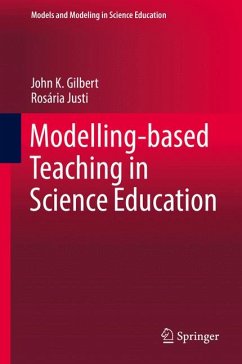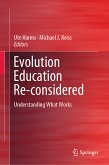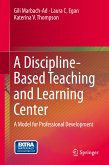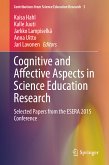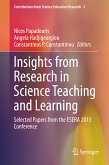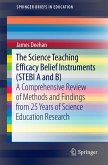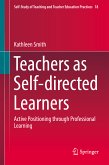This book argues that modelling should be a component of all school curricula that aspire to provide 'authentic science education for all'. The literature on modelling is reviewed and a 'model of modelling' is proposed. The conditions for the successful implementation of the 'model of modelling' in classrooms are explored and illustrated from practical experience. The roles of argumentation, visualisation, and analogical reasoning, in successful modelling-based teaching are reviewed. The contribution of such teaching to both the learning of key scientific concepts and an understanding of the nature of science are established. Approaches to the design of curricula that facilitate the progressive grasp of the knowledge and skills entailed in modelling are outlined. Recognising that the approach will both represent a substantial change from the 'content-transmission' approach to science teaching and be in accordance with current best-practice in science education, the design of suitable approaches to teacher education are discussed. Finally, the challenges that modelling-based education pose to science education researchers, advanced students of science education and curriculum design, teacher educators, public examiners, and textbook designers, are all outlined.
Dieser Download kann aus rechtlichen Gründen nur mit Rechnungsadresse in A, B, BG, CY, CZ, D, DK, EW, E, FIN, F, GR, HR, H, IRL, I, LT, L, LR, M, NL, PL, P, R, S, SLO, SK ausgeliefert werden.

